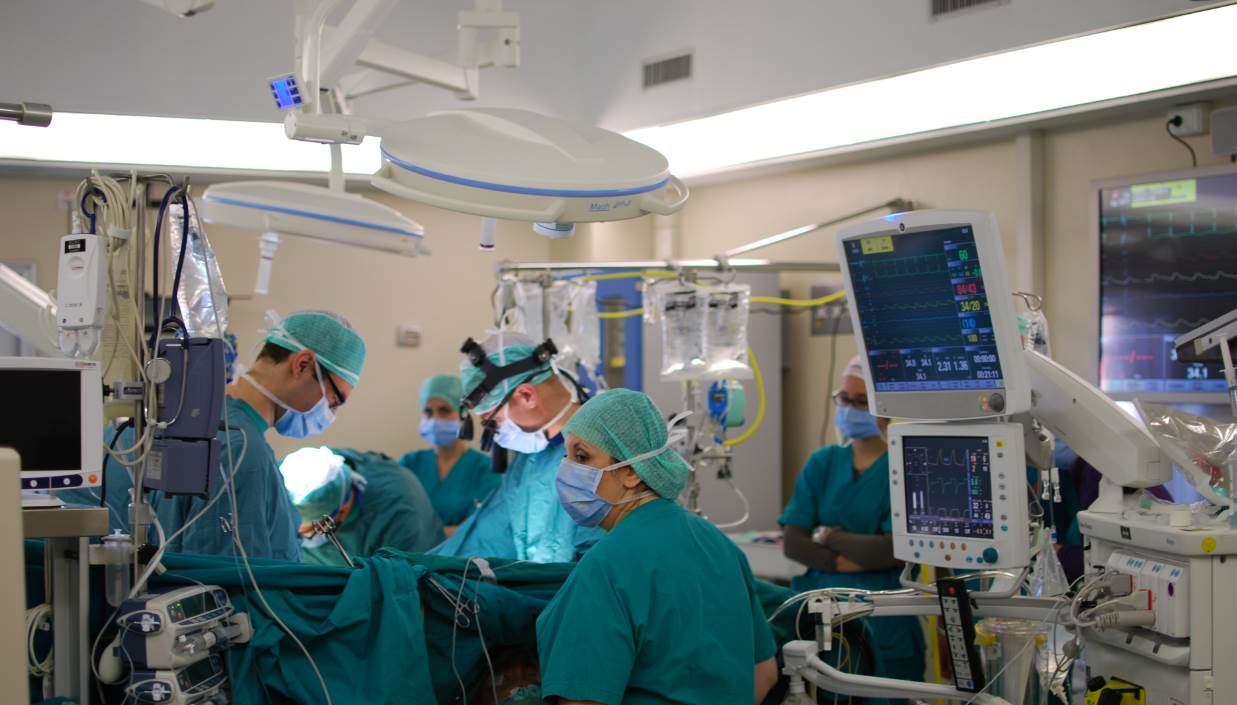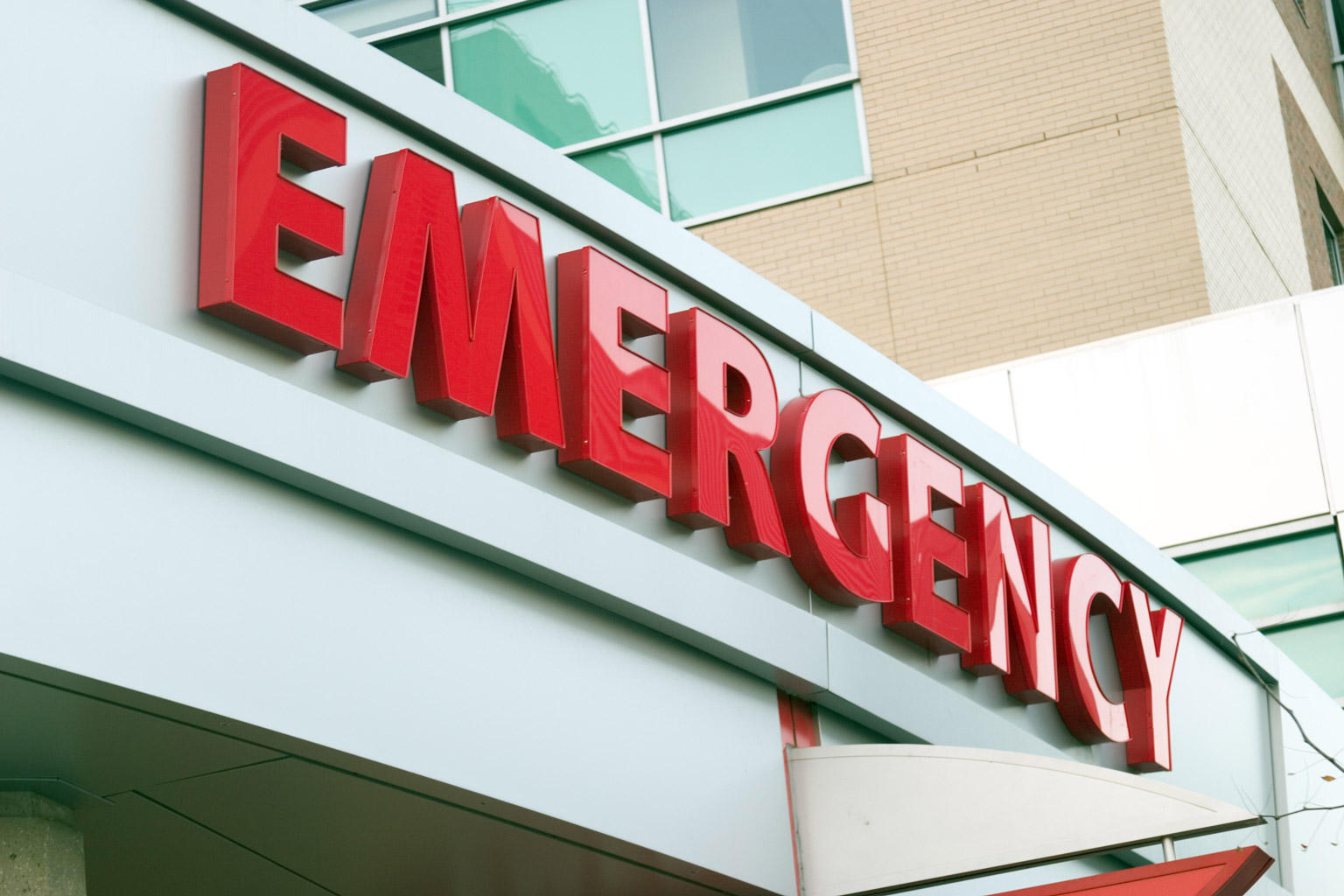Preparing for surgery can be an overwhelming and anxious time, but with the right tips and tricks, you can ensure a smoother recovery. In this blog post, we will share valuable insights to help you get ready for your upcoming surgery. From pre-operative preparations to post-operative care, we will cover everything you need to know to make your recovery process as comfortable and efficient as possible. So, let's dive in and discover the secrets to a successful surgical journey!
Preparing Your Home
The environment in which you recover can greatly impact your healing process. Before going into surgery, take some time to prepare your home for a smooth recovery. Start by decluttering and organizing your living space. Remove any tripping hazards or obstacles that could cause accidents during your post-surgery phase.
Next, create a comfortable resting area where you can relax and recuperate after the procedure. Make sure you have essentials within reach such as medications, water bottles, tissues, remote controls or entertainment devices like books or magazines. Consider rearranging furniture so that it is easier for you to move around with limited mobility.
Lastly, don't forget about safety precautions like installing handrails or grab bars in bathrooms if necessary. Prepare meals ahead of time or stock up on easy-to-prepare foods like frozen meals or instant soups so that cooking doesn't become an added stressor during your recovery.
Organizing Your Support System
Having a reliable support system in place is crucial during the recovery process after surgery. Don't hesitate to ask friends or family members for assistance before the procedure day arrives.
Reach out to loved ones who may be available to accompany you on errands such as grocery shopping or picking up prescriptions beforehand so that these tasks aren't added stressors later on.
Additionally, consider assigning someone close who can assist with household chores like cleaning laundry dishes - they'll come in especially handy if performed regularly through periods where physical exertion until fully recovered can be avoided.
Remember, organizing your support system isn't just about caring for your physical needs. Emotional support plays a significant role in the recovery process as well. Plan regular check-ins with friends or family members who can offer a listening ear or even provide distractions through entertainment options like movies, board games, or conversation to keep your spirits high during this trying time.
Managing Post-Surgery Pain
Pain management is an essential element of the recovery process after surgery. Consult with your healthcare provider on what options are available to you and develop a pain management plan before the procedure takes place.
Keep in mind that pain medication should be taken as prescribed by healthcare professionals. Never double up on doses or exceed recommended consumption limits. It's also crucial to understand possible side effects of medications and discuss any concerns you may have with your doctor or pharmacist.
Apart from medication, there are other techniques you can use to manage post-surgery pain naturally. These include applying ice packs or heat pads to affected areas (following medical advice), practicing relaxation exercises such as deep breathing or meditation techniques, and engaging in gentle movement exercises once cleared by medical professionals.
It's important not to push yourself too hard during the recovery process but instead listen to your body's cues and take breaks when needed. Remember that every individual's healing journey is unique, so don't compare yourself to others' progress—focus on steadily improving day by day at a pace that suits you best.
In conclusion, preparing for surgery can be overwhelming but taking steps ahead of time can greatly contribute towards ensuring a smooth recovery process . By preparing your home environment, organizing a support system ,and effectively managing post-surgery pain , You're setting yourself up for success while heading into surgery ! Remember - communication with healthcare professionals is essential throughout this entire process; reach out when needing clarity regarding any aspect involved in post-operative care . Above all else though - relax! know that You've got this.




